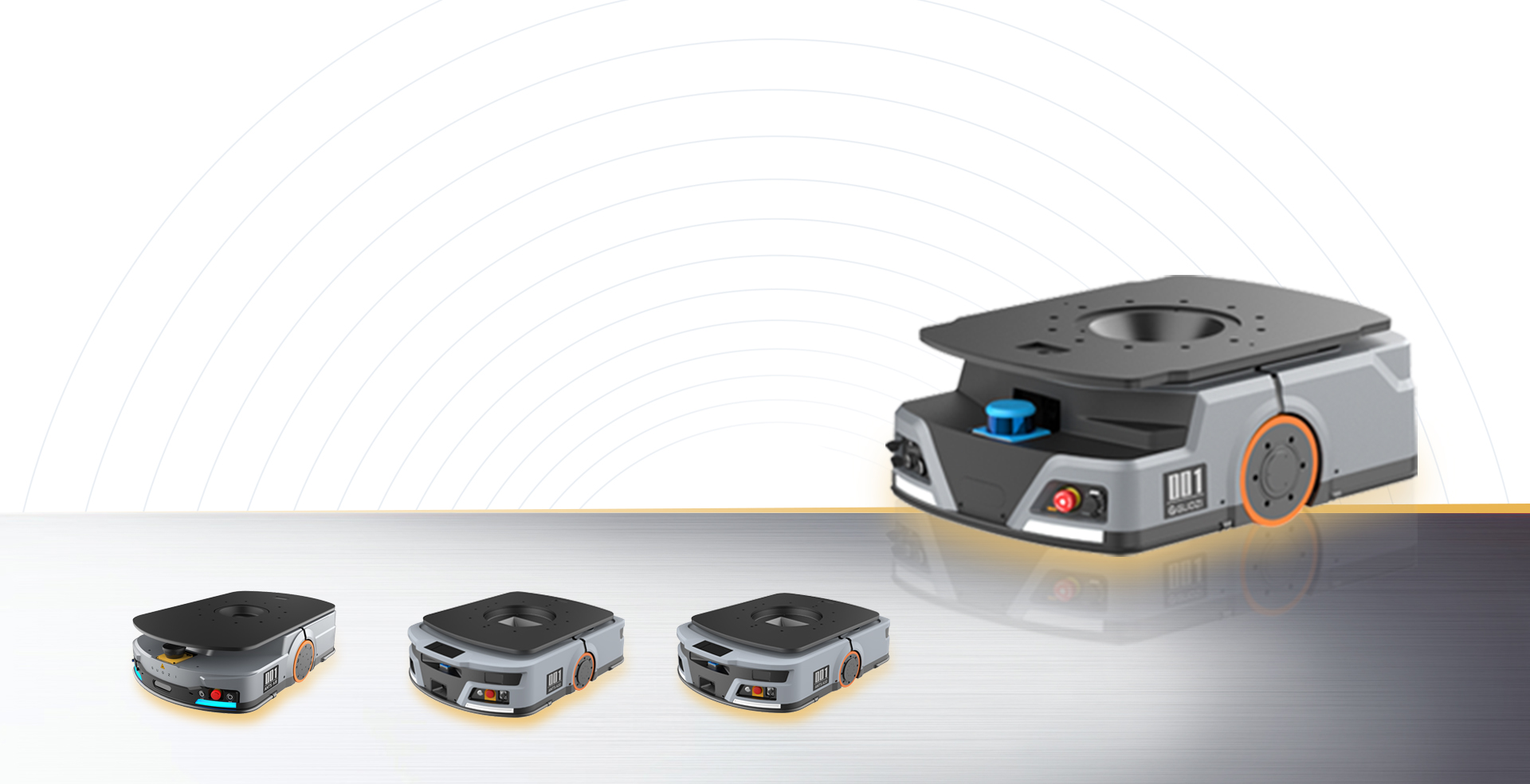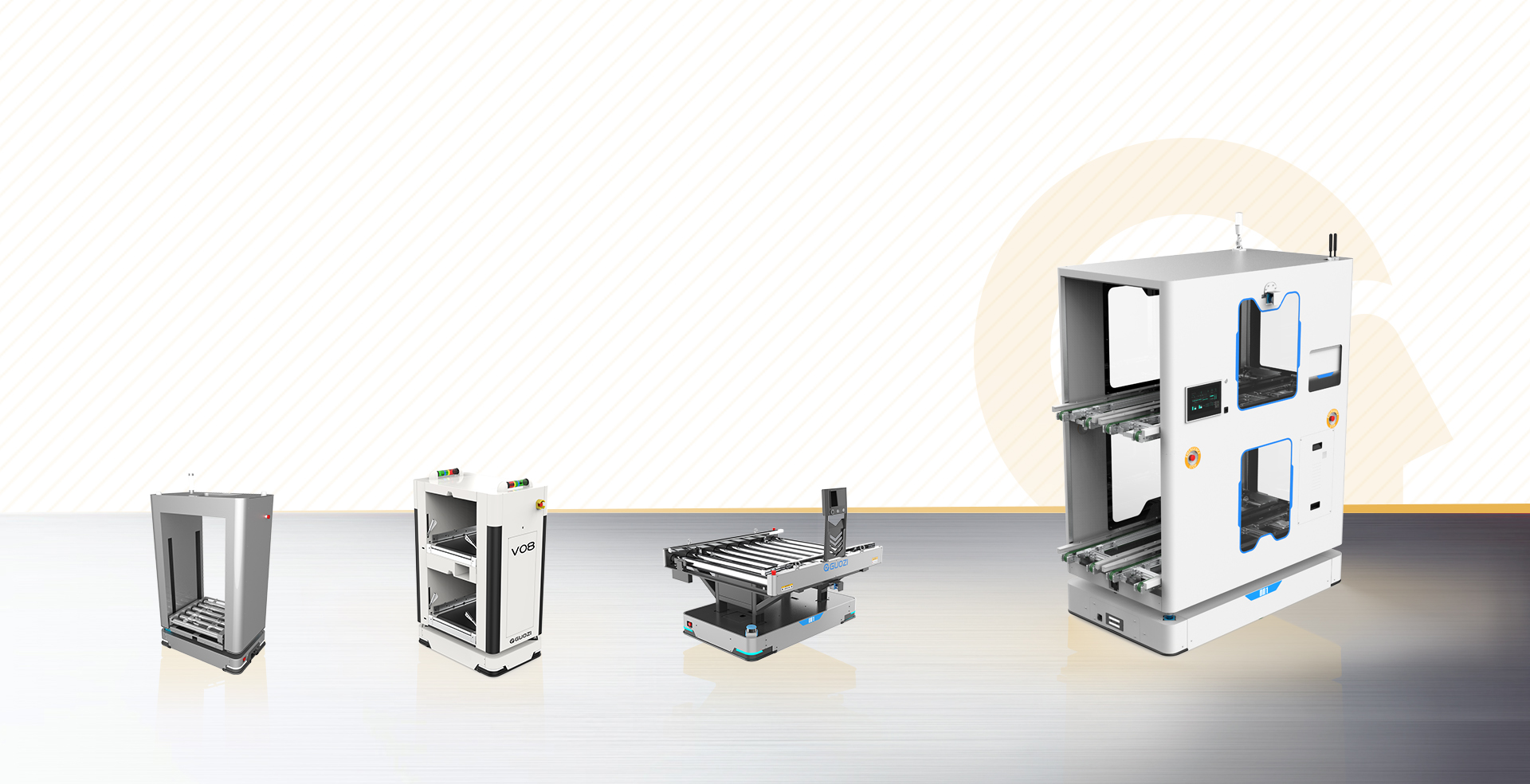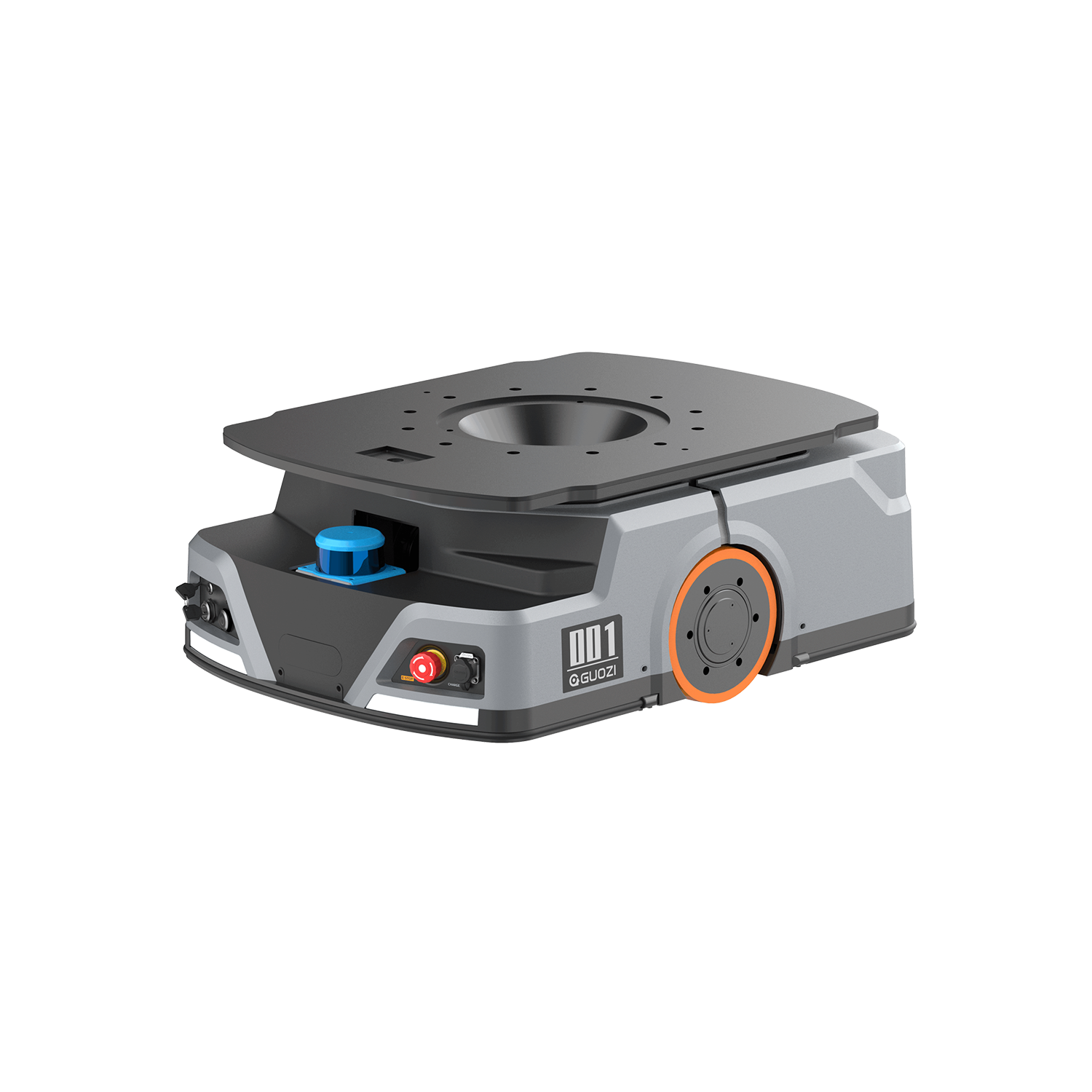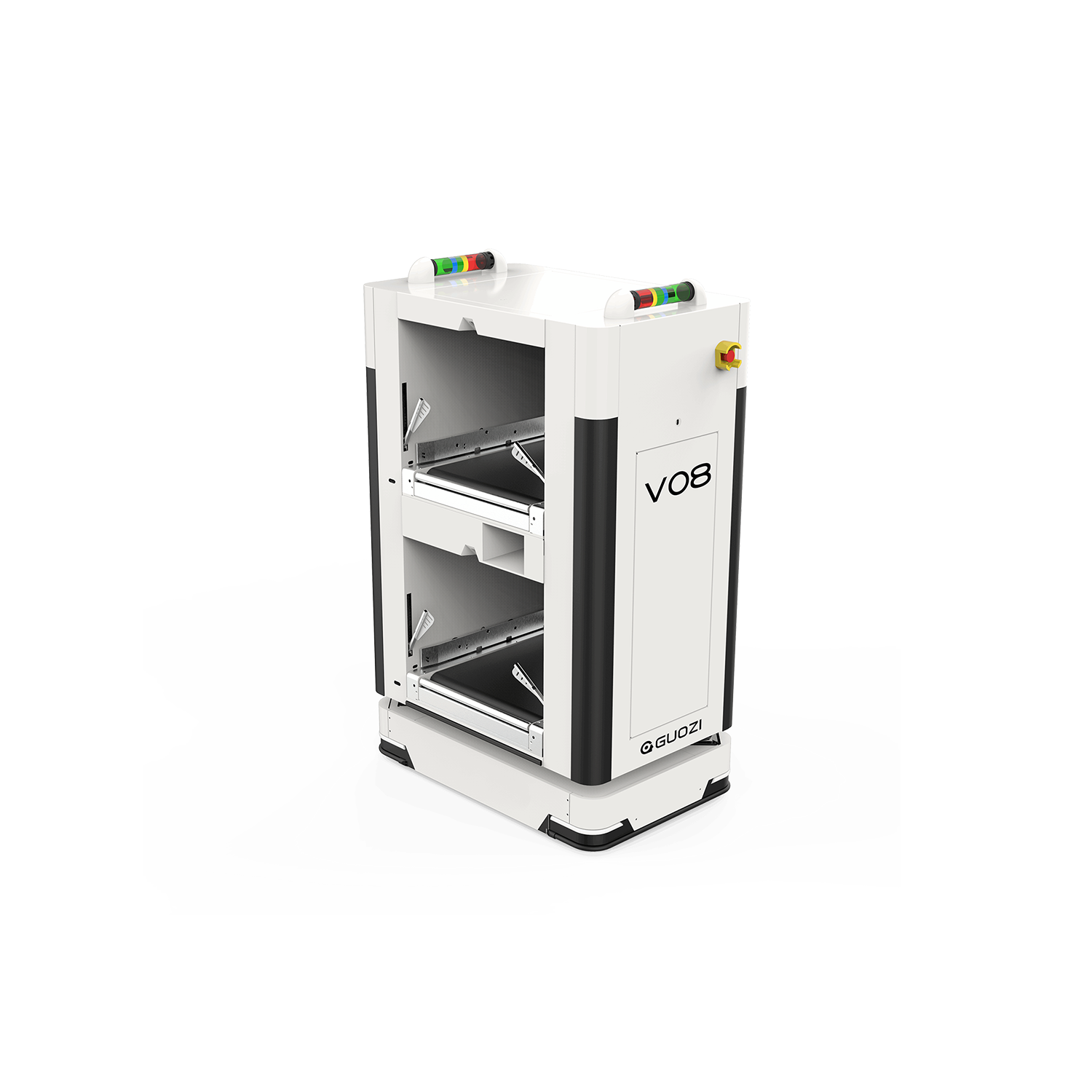Data management has become an increasingly important aspect in the rapid development of the robotics industry. High-density storage technology, as a key technology for data management, is undergoing a profound revolution. The following is a discussion on the application of high-density storage technology innovation in data management in the robotics industry and its future trends.
I.Background of High-Density Storage Technology Innovation
With robotics' advances, the amount of data generated by robots while performing tasks is growing explosively, which puts higher requirements on storage technology. Innovations in high-density storage technologies aim to address the following issues:
Data storage capacity requirements: the massive amount of data generated by robots requires larger storage space.
Data processing speed: fast processing and storing of data to meet the demand of real-time response from the robot.
Energy and cost: reduce the energy and cost of storage devices to improve overall efficiency.
II. Dry Sharing of Innovations in High-Density Storage Technology
Storage Media Innovations
(1) 3D NAND Technology: Significantly increase storage density by vertically stacking the storage cells.
(2) New storage materials: such as graphene, magnetic materials, etc., which bring new possibilities for storage technology.
Data processing technology
(1) Compression algorithms: efficient data compression algorithms are used to reduce the storage space requirement.
(2) Flash controller optimization: improve data read and write speeds and reduce latency.
Energy management
(1) Low-power design: reduce energy consumption by optimizing circuits and storage structures.
(2) Dynamic energy management: dynamically adjusting the energy consumption state of the storage device according to data access requirements.
Third, the application of high-density storage technology in the robotics industry
industrial robots
High-density storage technology makes industrial robots able to store more production data, which can be used to provide intelligent manufacturing provide data support.
Service robots
Service robots are able to store a large amount of user information and environmental data through high-density storage technology, improving service quality and personalized experience.
Driverless cars
In the field of driverless cars, high-density storage technology is used to store complex map data and driving records to ensure driving safety.
Fourth, the future trend of high-density storage technology innovation
Storage capacity limit challenge
With the advancement of technology, the high-density storage technology will continue to break through the capacity limits, realizing petabytes or even petabytes of storage.
Data Processing Speed Increase
Storage technology will become faster and faster in data processing, realizing synchronous growth with computing power.
Security becomes the focus
With the increase in the amount of data, how to ensure the security of the data will become an important research direction for high-density storage technology.
Hardware and software convergence
Hardware and software of storage technology will be further converged to realize more efficient data management and services.
The innovation of high-density storage technology brings new opportunities for data management in the robotics industry. With the continuous maturity of the technology, high-density storage technology will become a key driving force for the development of the robotics industry, and help China's robotics industry move toward the high-end of the global value chain. In the face of the future, China should increase research and investment in high-density storage technology to promote the robot industry to achieve high-quality development.








